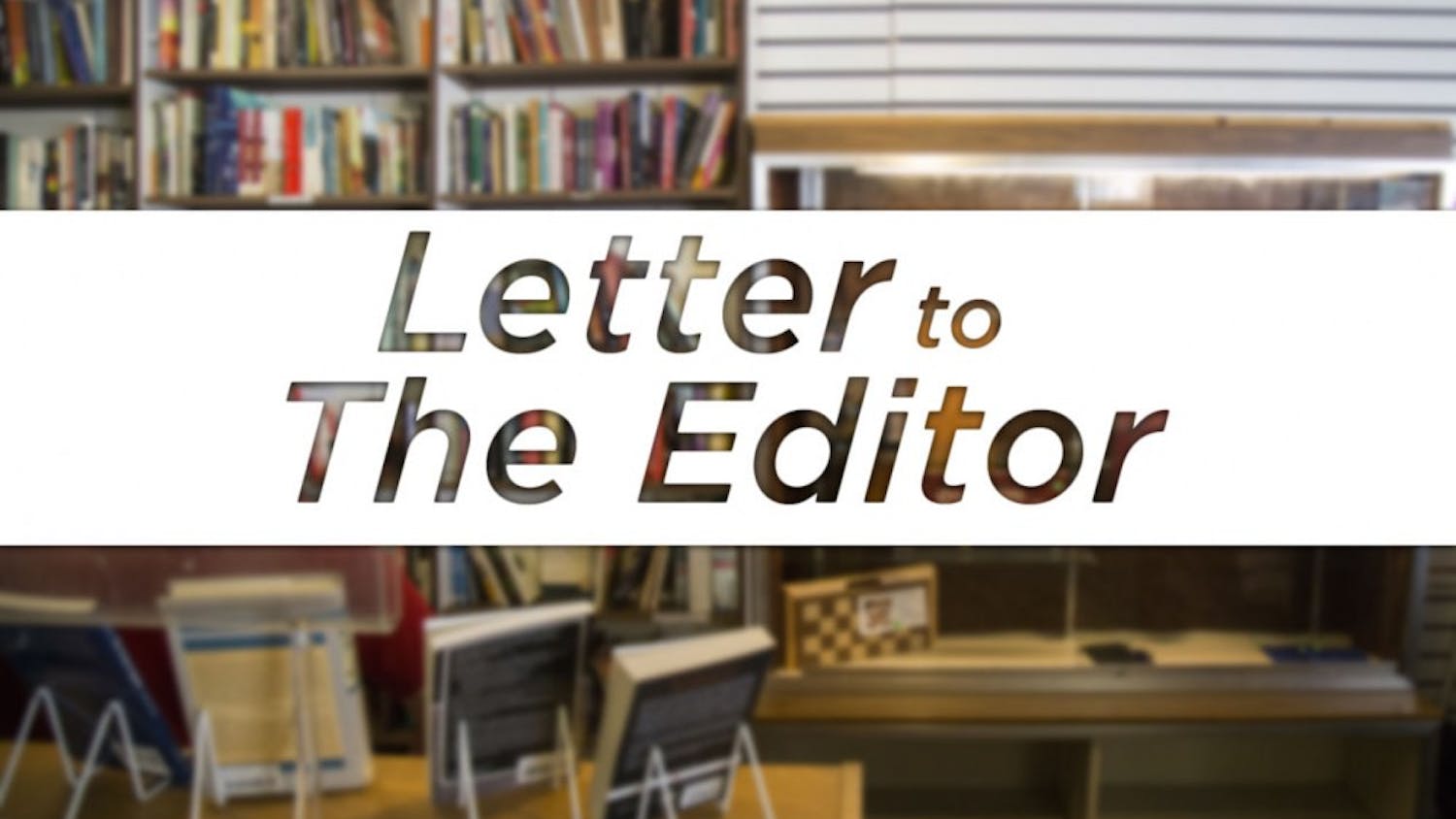It’s not always pleasant to reflect back on the 2020-2021 academic year.
While the coronavirus pandemic did upend the latter half of the 2019-2020 school year, my entire junior year was defined by the pandemic and the ensuing online classes. My off-campus apartment was also my classroom, and the blur between home and school life was overwhelming at times. Despite the difficulties of online learning, I took some of my favorite classes to date last year. One class in particular feels incredibly important when looking at today’s media and political landscapes.
During the Spring Semester, I took a course called News and Information Literacy. It’s a journalism course that “encourages critical analysis of media content with a focus on news and strategic communication,” according to OU’s website.
Despite being taught online, I still took so much from this course and all the materials offered to us in the virtual classroom. Some of the material was familiar to me as a journalism major and student journalist, while other statistics and material I learned about were more shocking.
Whether in the classroom or not, it’s important to become news literate in order to be a conscientious consumer of news and information. There’s no better time than now to start.
Jan. 24 through Jan. 28 marks National News Literacy Week. The week aims to raise awareness about how important news literacy is as a life skill, and for the upholding of democracy.
When one isn’t news literate, it can have a rippling effect on society. Not only may one consume and take misinformation as fact, but they may share that misinformation with others, creating an echo chamber where the information is affirmed and leads to the further consumption of misinformation for all those involved.
This isn’t to say everyone who consumes misinformation or isn’t news literate has malicious intent. Some of this is simply a byproduct of our growing online world, where a plethora of information is always within our reach. The internet, whether we like it or not, is a double-edged sword, and we have to learn to wield it.
As college students who grew up surrounded by technology, we aren’t automatically wizards at navigating the internet and figuring out what information is true or not. If you don’t believe me, just spend one minute on Athens YikYak and see what things people are falling for without verifying it with a credible source.
For Bobcats who are looking to test and improve their news literacy skills, there are a variety of free resources you can find online to assist you. A great place to start is the News Literacy Project, or NLP. NLP is a nonprofit institute with resources for both educators and the general public. You can access quizzes and other activities that test your news literacy skills on its website, or you can download its app, Informable, to play “games” that help strengthen your news literacy skills.
News literacy also extends to your social media habits. Simply reading an article before you tweet it or repost it to your Instagram story can halt the spread of false information. And, remember: there’s always more to a story than what you can get on an Instagram graphic. Let your research on topics extend beyond your feed.
My News and Information Literacy course really challenged me to look more critically at the online information I was trusting at face value. While not everyone has the opportunity to take a course pertaining to news literacy while in school, that doesn’t mean that education stops outside the classroom. Take a few minutes during National News Literacy Week to test yourself on your news literacy — you may be surprised to see what you know.
Abby Miller is a senior studying journalism and political science at Ohio University and the editor-in-chief of The Post. Have questions? Email Abby at am166317@ohio.edu or tweet her @abblawrence.






